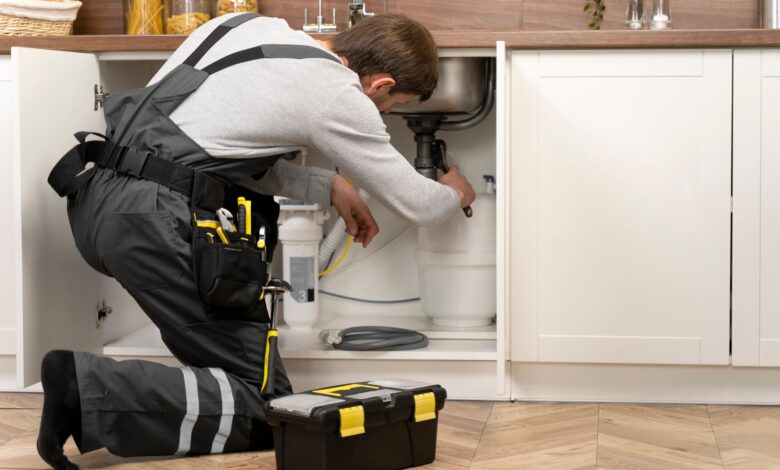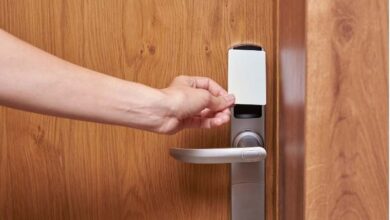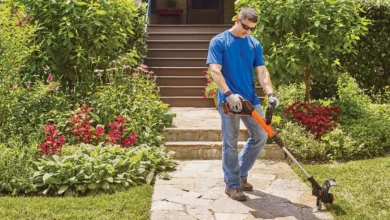4 Cost-Effective Upgrades to Your Home’s Plumbing

Though new kitchen sinks or bathroom vanities add visual appeal, the unseen piping within your home is just as essential to its functionality and safety. Plumbing upgrades can add value to a home by improving water conservation and increasing appliance efficiency.
For example, replacing older clay, lead, or cast iron pipes with copper or PVC ones will give home buyers peace of mind that costly plumbing disasters won’t occur down the line.
Let’s go over some cost-effective upgrades to your home’s plumbing.
Looking for plumbing services in Morton Grove? Check out https://jblantonplumbing.com/service-area/morton-grove/.
1. Replace your faucets
Old faucets not only detract from your home’s aesthetic but can also contribute to water waste with slow, unnoticed leaks. Upgrading to modern faucets with aerators and water-saving features can significantly reduce your water usage, reflecting positively on your utility bill.
In addition, newer faucet designs come equipped with anti-scald and easy-to-turn handles, making them both safer and more accessible for all users. With numerous styles available, selecting a design that complements your home’s interiors can offer a quick and visually appealing boost to any kitchen or bathroom.
2. Install low-flow fixtures
Low-flow fixtures, like toilets, showerheads, and aerators, can also greatly reduce your home’s water consumption and utility costs. These fixtures are designed to use less water without sacrificing performance, resulting in significant savings over time. They also contribute to the conservation of our planet’s most valuable resource – fresh water.
Installing a low-flow toilet saves a household as much as 18,000 gallons of water a year. Similarly, installing a low-flow showerhead can save up to 2,900 gallons of water annually.
3. Upgrade your water heater
Water heaters are one of the most energy-intensive systems in homes today. Upgrading from an outdated model to a modern one not only ensures that you have access to hot water when you need it, but also increases energy efficiency, which can reduce your utility bills.
Modern water heaters often come with enhanced insulation, superior heat exchangers, and more precise temperature control mechanisms, all of which contribute to better performance and cost savings.
Tankless water heaters, which heat water on demand rather than storing it, offer another layer of efficiency for homeowners looking to maximize their energy use for Homebignews.
4. Insulate your pipes
Uninsulated pipes can lead to significant heat loss as water travels from your heater to faucets or appliances, which means more energy is needed to maintain the desired temperature. By insulating your pipes, you can reduce this heat loss, helping to keep your water hotter for longer and decreasing the workload on your water heater.
This simple upgrade is relatively inexpensive and can yield cost savings over time, making it a practical investment for energy-conscious homeowners. Insulated pipes also prevent freezing during cold months, providing an extra layer of protection against potential bursts and costly water damage.
Upgrades save in the long run
Upgrading your home’s plumbing can not only make it more attractive to potential buyers but also offers practical benefits for current homeowners. By implementing these cost-effective upgrades, you can improve energy efficiency, reduce water consumption, and save money on utility bills.



